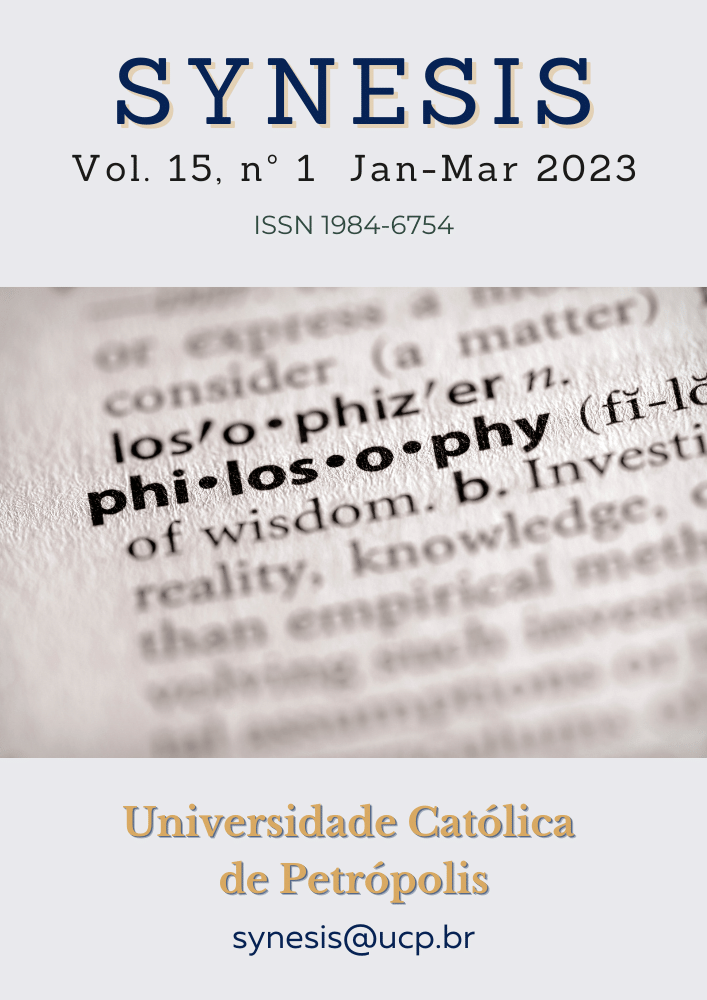Resumo
As crianças precisam de obras literárias para o seu desenvolvimento porque são altamente críticas para o desenvolvimento cognitivo, linguístico e psico-social das crianças. As obras que as crianças lêem mostram diferenças dependendo de cada fase de desenvolvimento; assim, ao preparar um texto para elas, características tais como o nível de percepção e áreas de interesse do público alvo devem ser tidas em consideração. Havva Tekin, uma importante autora de Literatura Cipriota Turca, é uma autora que deu um contributo importante para a literatura cipriota turca com as suas obras. A amostra do estudo consiste nos romances Havva Tekin intitulados "Crianças da Ilha Verde" e "Tarajar Além dos Mares". Estes romances foram seleccionados por método de amostragem propositado. Neste estudo, a investigação qualitativa foi aplicada como método de investigação, e a análise de documentos foi utilizada para recolher dados. Na análise dos trabalhos, foi utilizada a "análise descritiva". Neste contexto, em primeiro lugar, os valores das obras foram listados com números de páginas e depois interpretados num quadro temático. Neste estudo, foi utilizado o Estudo de Valores de Schwartz para determinar os valores. Em ambos os romances de Havva Tekin, constatou-se que todos os valores encontrados no Estudo de Valores de Schwartz estão presentes. A benevolência é o valor mais comum nos romances de Havva Tekin. Em ambos os romances, o valor da benevolência teve lugar sob a forma de "amor, amizade, honestidade, responsabilidade e ajuda".
Referências
Acar, H. & Akar, M. and Acar, YB (2016). Value orientations of social work students. Kastamonu Journal of Education, 24 (1), 97-118. https://dergipark.org.tr/en/pub/kefdergi/issue/22606/241612
Aktepe, V. & Tahiroğlu, M. (2016). Values education approaches and activity examples. International Journal of Social Science, 42, 361-384. https://jasstudies.com/DergiTamDetay.aspx?ID=2941
Altun, R. (2015). Value orientations of Science High School and Imam Hatip High School students (samsun example). Journal of Gaziosmanpaşa University Faculty of Theology, 3 (2), 195-224. https://dergipark.org.tr/en/download/article-file/303768
Arslan, A. & Celik, H. (2016). Values that can be used in Turkish education in Divan-ı Hikmet. Electronics Studies, 11 (3), 169-184. http://dx.doi.org/10.7827/TurkishStudies.9105
Ates, O. T. (2017). The effect of values education practices in Turkey on the positive characteristics desired to be acquired by students. Journal of Values Education, 15 (34), 41-60. https://dergipark.org.tr/en/download/article-file/712305
Bahrili, CT & Demir, CG (2021). Analysis of ‘Sevgi Bir Kuş’ child journal in terms of values. Cumhuriyet Journal of International Education 10 (2), 738-761. http://cije.cumhuriyet.edu.tr/en/download/article-file/159530
Buken, N. O. (2020). COVID 19 pandemic and ethical issues. Health and Society Covid-19 Special Issue, 15-26. https://ssyv.org.tr/wp-content/uploads/2020/07/2-COVID-19-Pandemisi-ve-Etik-Konular.pdf
Cihan, N. (2014). Values education in schools and an overview of practice in Turkey. Electronics Studies, 9 (2), 429-436. https://turkishstudies.net/turkishstudies?mod=makale_tr_ozet&makale_id=17348
Firat, N. S. & Açıkgöz, K. (2012). Teachers' value systems in terms of some variables. Hacettepe University Faculty of Education Journal 43, 422-435. https://dergipark.org.tr/en/download/article-file/87336
Happy, HH (2016). Nation character and literature: Reflection of nation character on literary products. Journal of Mother Tongue Education 4 (3), 372-389. http://www.anadiliegitimi.com/en/download/article-file/226759
İbret, B. Ü. & Avcı, EK & Karabıyık, Ş. & Güleş, M. and Demirci, M. (2017). The use of literary products in the teaching of values according to the views of social studies teachers. International Journal of Turkish Educational Sciences 9, 104-124. https://dergipark.org.tr/en/download/article-file/405889
Kardaş , MN & Cemal, S. (2017). References essay on values education and research on values education in Turkish teaching. Black Sea Journal of Social Sciences 9(16), 383-412. https://dergipark.org.tr/en/download/article-file/351405
Kart, M. & Şimşek, H. (2020). Searching for value in the Turkish education system: What values do the renewed (2017) primary education programs bring? Journal of Values Education, 18 (40), 9-44. https://dergipark.org.tr/tr/download/article-file/814374
Kasapoglu, H. (2013). Value education at school and stories. Journal of National Education 43 (198), 97-109. https://dergipark.org.tr/en/download/article-file/442202
Kavcar, C. (1999). Literature and education. Ankara: Engin Publications.
Küçük, N. (2016), Evaluation of Schwatz's 'Value Orientation Scale' and some research findings on students in Turkey. Academic Perspective International Refereed Journal of Social Sciences 57, 280-296. https://dergipark.org.tr/en/download/article-file/383462
Kusdil, ME & Kagitcibasi , C. (2000). Turkish teachers' value orientations and Schwartz Value Theory. Turkish Journal of Psychology 15 (45), 59–80. https://psycnet.apa.org/record/2001-17473-004
Özbay, M. & Tayşi, EK (2011). The importance of Dede Korkut Stories in terms of Turkish Teaching and value transfer. Pegem Journal of Education and Training 1 (1), 24.
Ozdemir, K. (2017). Examining the history lesson curriculum in terms of values education. International Journal of Education Technology and Scientific Researches, 4, 240-257. http://www.ijetsar.com/Makaleler/1054522700_4.%20240-257%20kamuran%20%c3%b6zdemir.pdf
Parashar, S. & Dhar, S. & Dhar, U. (2004). Perception of values: A study of future professionals. Journal of Human Values, 10 (2), 143-152. https://doi.org/10.1177/097168580401000207
Schwartz, SH (2012). An overview of the Schwartz Theory of Basic Values. Online Readings in Psychology and Culture, 2(1). http://dx.doi.org/10.9707/2307-0919.1116 .
Simsek, S. (2015). Values education in Kemalettin Tuğcu 's novels. International Journal of Humanities and Education, 1(1), 79-104. https://dergipark.org.tr/en/download/article-file/357542
Tekin, H. (2013). Children of Green Island. Ankara: Elma Children's Publications.
Tekin, H. (2017). Tarajar Beyond the Seas. Istanbul: Anatolia Book.
Tural, S. (1988). Reflections on cultural identity. Ankara: Ministry of Culture and Tourism Publications.
Turkish Language Society. (2022). Current Turkish Dictionary. https://sozluk.gov.tr/ (accessed on 27.1.2022)
Yıldız, G. & Dindar Demiray, EK & Alkan, S. Ve Demir, H. (2021). Examination of the Covid-19 Pandemic in terms of ethical values and social equality. Journal of Management Theory and Practices Research, 2 (2), 134-149. https://journals.academicianstudies.com/jmtpr/article/view/28

Este trabalho está licenciado sob uma licença Creative Commons Attribution-NonCommercial-NoDerivatives 4.0 International License.
Copyright (c) 2023 Synesis (ISSN 1984-6754)

